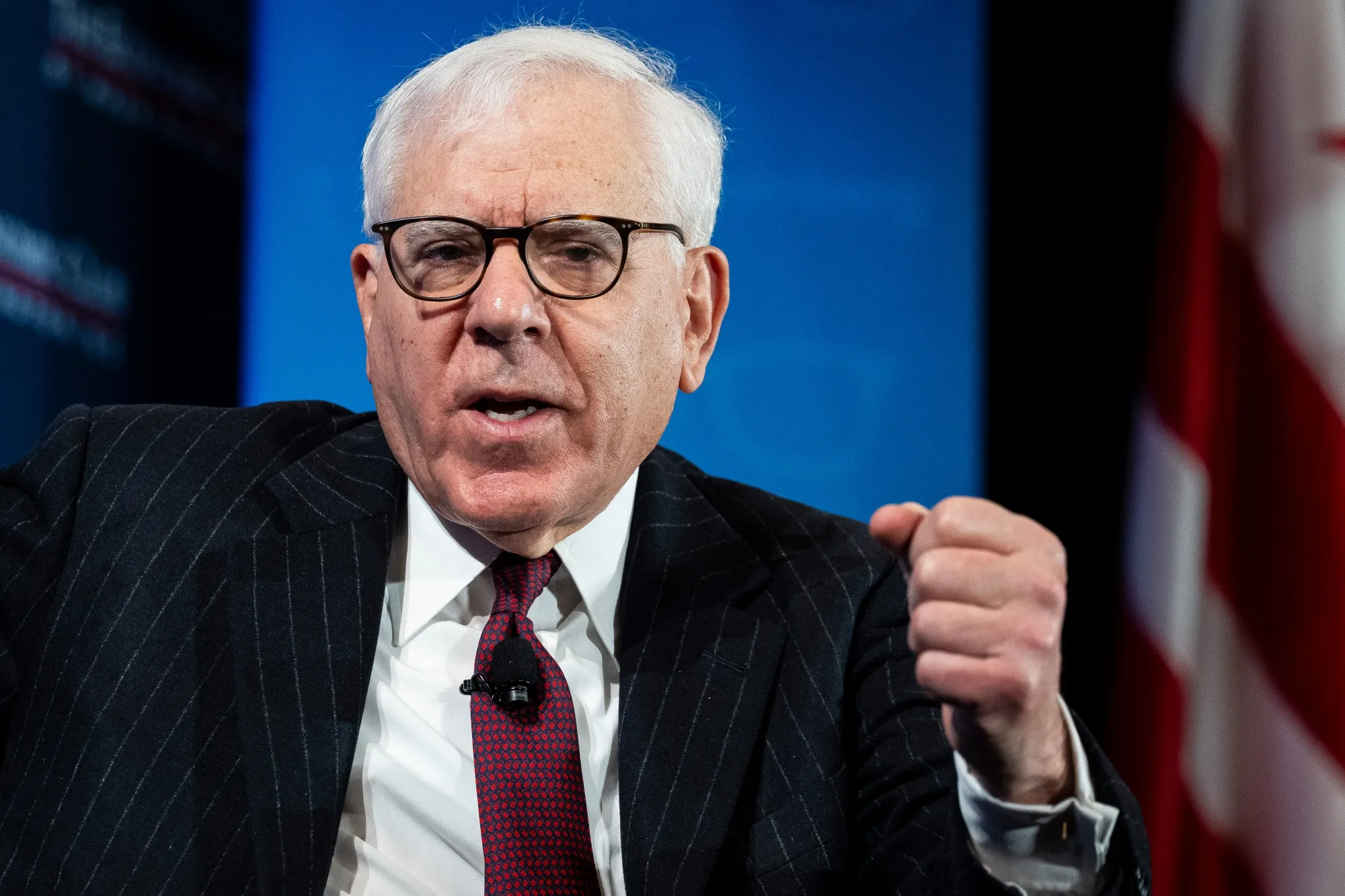The Einstein of Wall Street Reveals Simple Formula for Wealth: “Invest in Stocks, Not Stuff”

In a straightforward yet provocative message, renowned investor and financial strategist often dubbed “The Einstein of Wall Street” has advised aspiring investors to focus on building wealth through the stock market rather than material possessions. Speaking at a recent investment conference, he emphasized that long-term financial success comes not from buying luxury cars, designer clothing, or other tangible “stuff,” but from disciplined investing in equities that compound over time.
“People get distracted by flashy things,” he said. “The fastest path to real wealth is to invest in stocks, not stuff.”
This guidance comes at a moment when consumer culture continues to glorify instant gratification, while the financial literacy gap in the United States remains significant. His message is both a critique of prevailing consumption patterns and a roadmap for sustainable wealth creation.
Why Stocks, Not Stuff?
The core principle behind his advice is compounding returns. Unlike material goods, which depreciate the moment you buy them, stocks and other financial assets have the potential to grow exponentially over time:
- Depreciation of Stuff: Cars, electronics, and luxury items lose value almost immediately. A $100,000 car can be worth less than $60,000 after a few years.
- Compounding Stocks: Historically, broad stock indices like the S&P 500 have returned 7–10% annually after inflation, allowing investments to multiply if left untouched.
- Dividends and Reinvestment: Dividend-paying stocks provide cash flow that can be reinvested, creating a snowball effect over decades.
He notes that while consumer goods may provide temporary satisfaction, they do not generate wealth. In contrast, disciplined investing builds financial security, passive income, and long-term options for freedom and flexibility.
The Psychology Behind Wealth Building
According to the Wall Street veteran, human behavior is often the biggest obstacle to financial growth. Many people:
- Overspend on status items to impress peers
- Underinvest in financial markets due to fear or procrastination
- Chase short-term trends instead of consistent, long-term growth
“Your brain is wired to desire immediate reward,” he said. “Stocks require patience, but that patience is where real wealth is born.”
By adopting a mindset that prioritizes investment over consumption, individuals can harness the power of time and compounding to build substantial financial security.
Lessons from Legendary Investors
He draws inspiration from some of history’s most successful investors:
- Warren Buffett: Built billions by reinvesting profits and focusing on long-term growth, rarely succumbing to consumer temptations.
- Peter Lynch: Advocated understanding businesses before investing, emphasizing stocks as the vehicle for wealth creation.
- John Templeton: Focused on global markets and disciplined, patient investing rather than chasing trends.
All of these investors share a common principle: money invested wisely grows; money spent on fleeting pleasures does not.
Practical Steps to “Invest in Stocks, Not Stuff”
- Budget for Investing First
Allocate a fixed percentage of income to stock investments before discretionary spending. - Build a Diversified Portfolio
Include a mix of index funds, dividend stocks, and growth equities to reduce risk while capturing long-term growth. - Automate Contributions
Set up recurring contributions to retirement accounts, brokerage accounts, or ETFs to benefit from dollar-cost averaging. - Avoid Lifestyle Inflation
Resist the urge to upgrade cars, homes, or gadgets as income rises. Let investments grow instead. - Educate Yourself Continuously
Read annual reports, follow market trends, and understand economic fundamentals to make informed investment decisions.
The Cultural Challenge
Despite decades of evidence supporting long-term investing, consumer culture continues to glorify immediate acquisition. Social media, celebrity endorsements, and high-interest credit options encourage people to spend on visible status items rather than invisible assets like stocks, bonds, or index funds.
“The challenge isn’t the market—it’s human behavior,” he said. “People want to look wealthy, not be wealthy.”
He warns that ignoring the power of investing can lead to decades of financial insecurity, particularly as inflation erodes purchasing power and retirement timelines stretch longer.
Stocks as a Path to Freedom
Investing, he argues, is more than just financial gain; it’s a means to independence. By consistently building a portfolio:
- Individuals can secure retirement freedom earlier
- Create a financial buffer against emergencies
- Gain leverage to pursue passions or entrepreneurial ventures
Ultimately, the lesson is simple yet profound:
“Stuff depreciates. Stocks appreciate. That’s the difference between being wealthy and just appearing wealthy.”
Conclusion
The advice from this Wall Street luminary is both timeless and urgent. In a world obsessed with instant gratification, social media validation, and conspicuous consumption, the road to wealth remains counterintuitive: invest in stocks, not stuff.
By committing to disciplined, long-term investing, ordinary people can achieve financial security, independence, and, ultimately, the kind of wealth that matters far more than any luxury item.

















